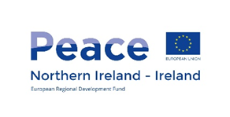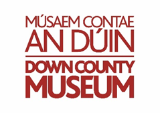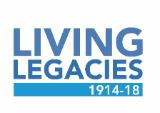Breaking Ground Heritage Inaugural Conference, 21st February 2018
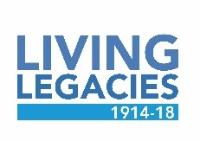 Breaking Ground Heritage Inaugural Conference, 21st February 2018. Tedworth House, Tidworth Wiltshire
Breaking Ground Heritage Inaugural Conference, 21st February 2018. Tedworth House, Tidworth Wiltshire
Key Note Lecture by Dr. Heather Montgomery, “Training Kitchener’s New Army 1914-1918: Perspectives of the Irish Experience”.
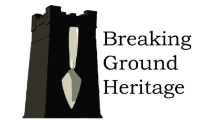 The Breaking Ground Heritage team recently held their inaugural conference at the Help for Heroes recovery centre at Tedworth House, Wiltshire. The day was superbly organised, and led by the veterans, themselves showcasing all of the projects that had been undertaken over the past 12 months. Talks revealed findings from excavations at sites including, 19th century cemeteries, First World War training landscapes (Barry Buddon Ranges, Scotland), tank attacks of the First World War (Bullecourt, France), Bronze-Age settlements and an Anglo-Saxon cemetery (Barrow Clump), which incidentally revealed some fantastic grave goods.
The Breaking Ground Heritage team recently held their inaugural conference at the Help for Heroes recovery centre at Tedworth House, Wiltshire. The day was superbly organised, and led by the veterans, themselves showcasing all of the projects that had been undertaken over the past 12 months. Talks revealed findings from excavations at sites including, 19th century cemeteries, First World War training landscapes (Barry Buddon Ranges, Scotland), tank attacks of the First World War (Bullecourt, France), Bronze-Age settlements and an Anglo-Saxon cemetery (Barrow Clump), which incidentally revealed some fantastic grave goods.
The Breaking Ground Heritage team are a Community Interest Company (C.I.C), created by ex-military personnel, to assist in the recovery of veterans or serving personnel using heritage as a pathway.
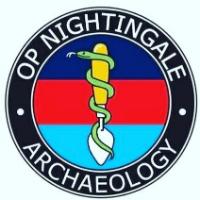 Alongside their partners at Operation Nightingale, the community group have developed a recovery pathway utilising archaeology and heritage as a means to “bring like-minded people together, all of whom share a connection, the experience of military service and an inherent understanding of the complexities that this lifestyle can bring”. This fundamental experience provides Breaking Ground Heritage a platform to build upon, and help recreate positive narratives for the promotion of health, wellbeing and peer to peer support networks.
Alongside their partners at Operation Nightingale, the community group have developed a recovery pathway utilising archaeology and heritage as a means to “bring like-minded people together, all of whom share a connection, the experience of military service and an inherent understanding of the complexities that this lifestyle can bring”. This fundamental experience provides Breaking Ground Heritage a platform to build upon, and help recreate positive narratives for the promotion of health, wellbeing and peer to peer support networks.
This is achieved by taking the transferable skills already rooted into the military community, such as reading and interpreting the ground, happiness in times of adversity and the inherent desire to succeed, and building upon these fundamental qualities with a shift of focus to the heritage sector. History, archaeology, experimental archaeology, heritage craft skills and project research are just some of the disciplines covered by Breaking Ground Heritage with volunteers able to participate in all or some of the themes that may trigger their interests. To find out more about Op Nightingale Archaeology, and the support they offer to BGH please follow this link - http://www.breakinggroundheritage.org.uk/operation-nightingale
Dickie Bennett of Breaking Ground Heritage revealed some of the excavations and research projects planned for 2018, giving conference attendees the first chance to sign up. With at least 14 weeks of excavations planned, as well as research projects, history festivals, training courses and volunteering opportunities, all running alongside, there will be plenty to participate in across the UK and beyond, watch out for the 2019 conference!
For further information on the work of Breaking Ground Heritage, please follow this link - http://www.breakinggroundheritage.org.uk/barrow-clump-excavation-2017
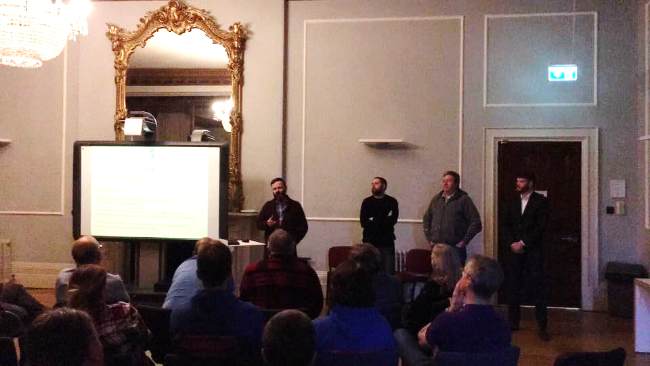
Above: (Left to right) Dr Paul Everill, Winchester University, Robert Cummings, Rob Steel and Kris Conlin speaking about the Winchester University Veterans Degree Programme facilitated by Help for Hero’s. The three students have progressed to the latter stages of their Degree, an excellent representation of this pioneering university initiative!
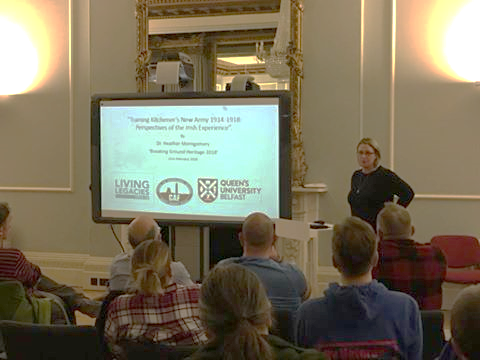
Above: Keynote Speaker, Dr. Heather Montgomery of Living Legacies WW1 Public Engagement Centre, Queens University Belfast, discussing the British Army Training Landscapes of Ireland during the First World War.
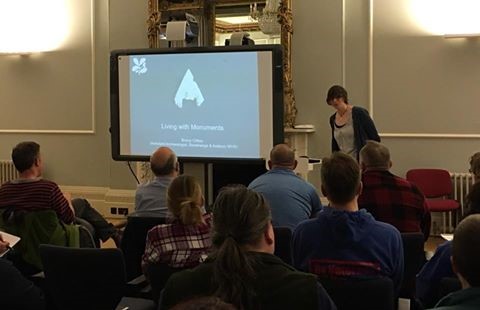
Above: Briony Clifton of the National Trust spoke about a wonderful new project that Breaking Ground Heritage hope to be involved in during the summer months, working with the AHRC funded project lead by the University of Southampton, ‘Living with Monuments: life and cultural landscape between the 4th and 2nd millennia BC in the Avebury region, Wiltshire’

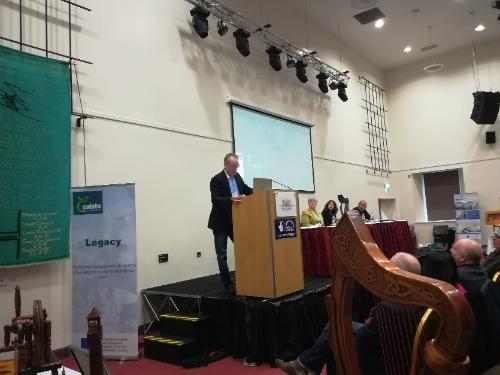
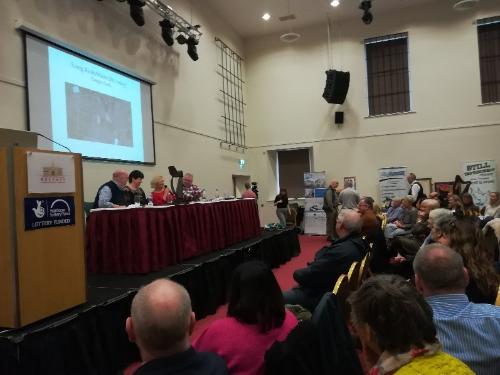
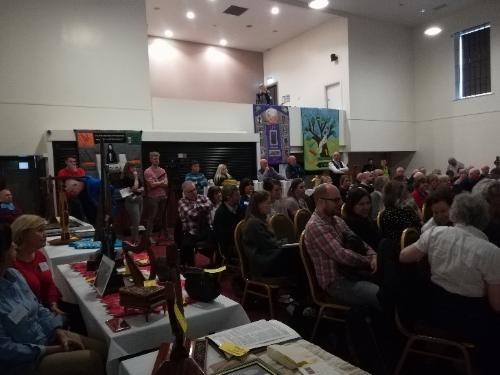
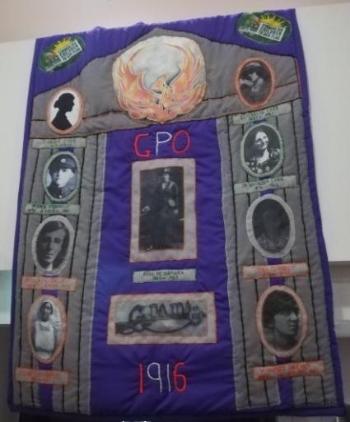
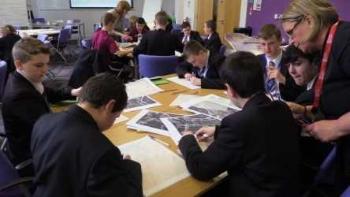
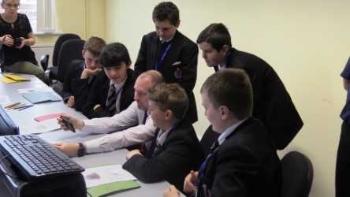
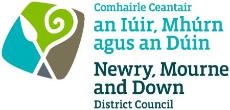 Down County Museum is pleased to confirm the receipt of EU PEACE IV funding for the development of the ‘Ballykinlar History Hut’, building positive relations project. The project hopes to consider myths and perceptions of past lives lived within Ballykinlar Camp, offering a unique understanding on how this past links to our future; taking wisdom from what went before, and building it into our future learning while developing approaches to culturally clashing situations.
Down County Museum is pleased to confirm the receipt of EU PEACE IV funding for the development of the ‘Ballykinlar History Hut’, building positive relations project. The project hopes to consider myths and perceptions of past lives lived within Ballykinlar Camp, offering a unique understanding on how this past links to our future; taking wisdom from what went before, and building it into our future learning while developing approaches to culturally clashing situations.
